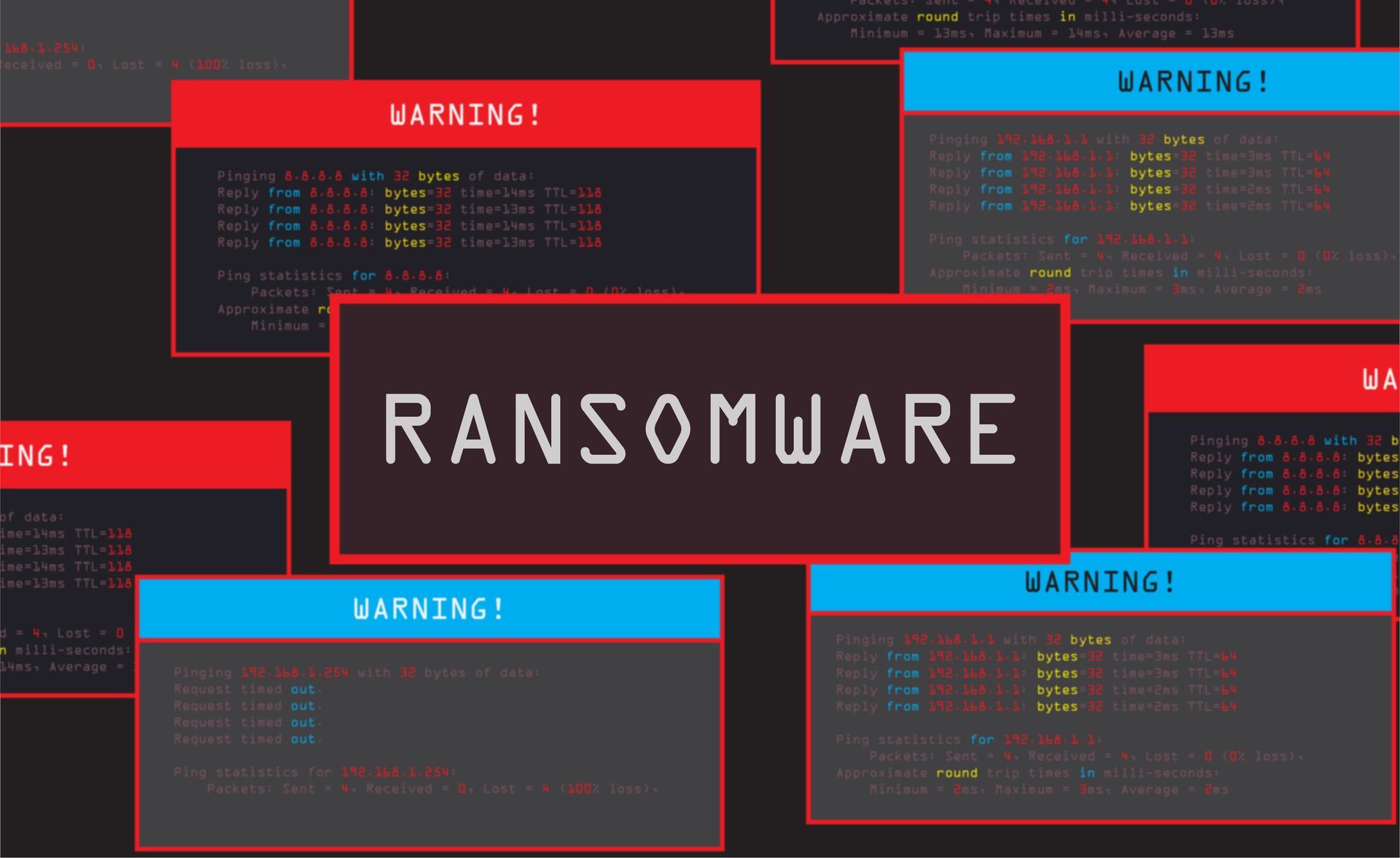7 Essential IT Security Tips For Working From Home
Working from home has been growing at a steady rate over the years but the novel Coronavirus changed many things very quickly. The change brought about by the pandemic means that many workers who aren’t familiar with remote working are now required to work from home. In this arrangement, employees are primarily focused on getting work done and preventing disruptions. But this can lead to the neglect of potential IT security issues associated with working from home.
In this article, we discuss some security tips for working from home.
Keep Your Software Updated and Patched
No software or system is fully secured and attackers are constantly looking for vulnerabilities to exploit so as to hijack, impersonate, and steal sensitive business data.
If you disable update notifications because they are distracting, your system will be open to attacks as you may miss out on patches that are released to fix newly-discovered security flaws.
To avoid this, set your software and system to auto-update. Also, keep your other devices including smartphones and tablets updated so they don’t serve as weak points for an attack.
Secure Your Devices
While working from home, you can’t afford to be careless with your work devices. Keep them physically safe so you don’t unintentionally expose confidential information.
If you live with others, always lock or shut down your devices while away from them.
Personal devices that are used for business communications should be secured as well. Your devices should be encrypted so that your data is inaccessible in case of loss or theft.
Watch out for Phishing Emails
Cybercriminals take advantage of disasters and business disruptions to compromise victims’s systems. Because employees working from home expect instructional mails from management, attackers can send fake emails that are similar to legitimate ones in order to hijack a system and steal sensitive information.
Don’t click on suspicious emails and report them to your employer for analysis.
Fake emails may use COVID-19 fears to extract compliance from victims and gain system control. Ensure your email security is up to date and messages are scanned before reading them.
Emails that deal with fund processing and business secrets should be subjected to extra scrutiny. Always confirm instructions through other means to avoid falling for the now common BEC scams.
Use your Company’s Tech Resources
Some organizations have tools designed to help you work from home in a safer manner. This may include communication and security software.
If the tools are installed on company-supplied devices, then you should stick to using them instead of third-party apps.
You should also follow your company’s policy regarding cyber security. Don’t ignore them because you now work from home.
If your company-approved software isn’t working, don’t use substitutes without getting authorization from your IT department. Unapproved tools might have unknown vulnerabilities that can put your system at risk
Use VPN
At the heart of working from home is internet connectivity. A VPN connection ensures that your data is secured while in transmission.
VPN protects by encrypting transmitted data between a source and a destination server even on an unsecured WiFi network. Important business information such as strategy documents, server access, and customers’ data is protected from cybercriminals when a VPN is deployed.
Use Secured Cloud Services
Business files should not only be stored on your local drive but also in the cloud. In case of a device crash or loss, you can recover your data from the cloud storage.
Configure your system for automatic cloud backups of your business data. When possible, use cloud-based apps such as office 365. Your other work devices should also be set up for backup to the cloud.
Use Strong Passwords
When working from home, it is important to re-examine the passwords you use for various online and offline accounts. If attackers get their hands on your password, they could easily impersonate you and carry out business transactions on your behalf.
If you are used to simple passwords, you must upgrade them immediately to a more secure type.
Your password should be at least 12 characters and not include common words. It should include numbers, alphabets and special characters in a random order. You can use password generating software if you are concerned about forgetting your passwords. Remember to also change your passwords regularly.
In addition, the default passwords of your internet devices such as routers should be changed to prevent unauthorized access.
As you adjust to the new reality of working from home, ensure that you take your system security seriously. Don’t just aim to do your job, consider the security of your network and environment.
By following the tips above, you will be able to securely work from home.
Please feel free to contact us today to learn more about our IT services and how they can benefit your business.
The post 7 Essential IT Security Tips For Working From Home appeared first on SDTEK | San Diego, CA.



